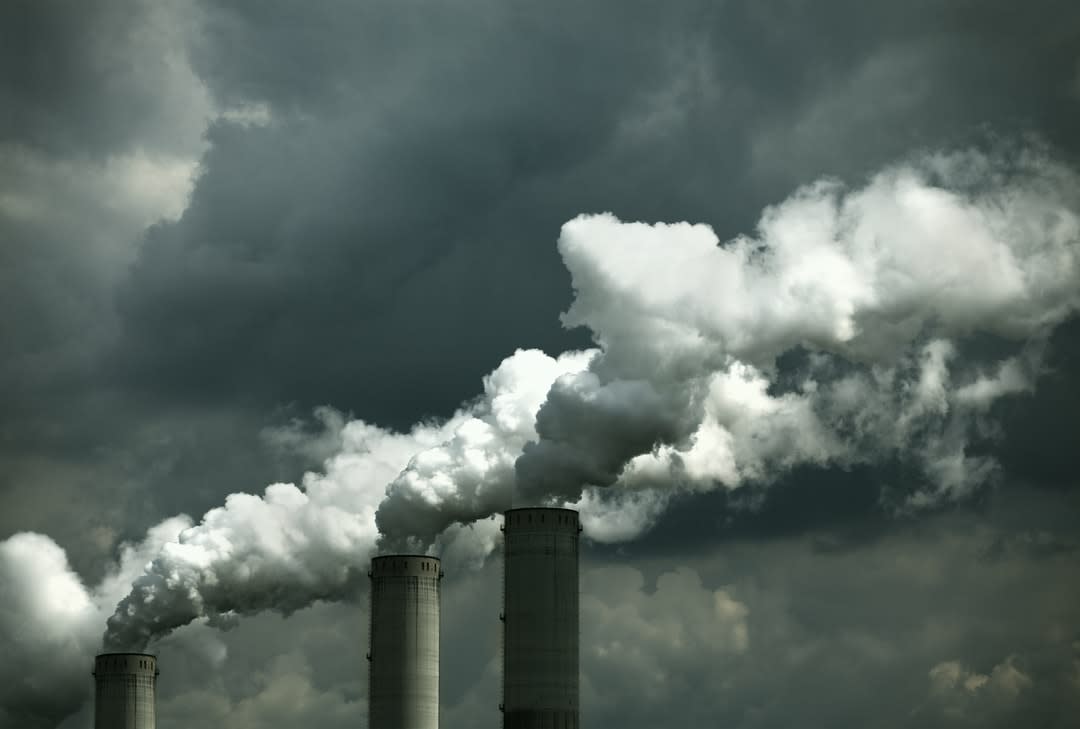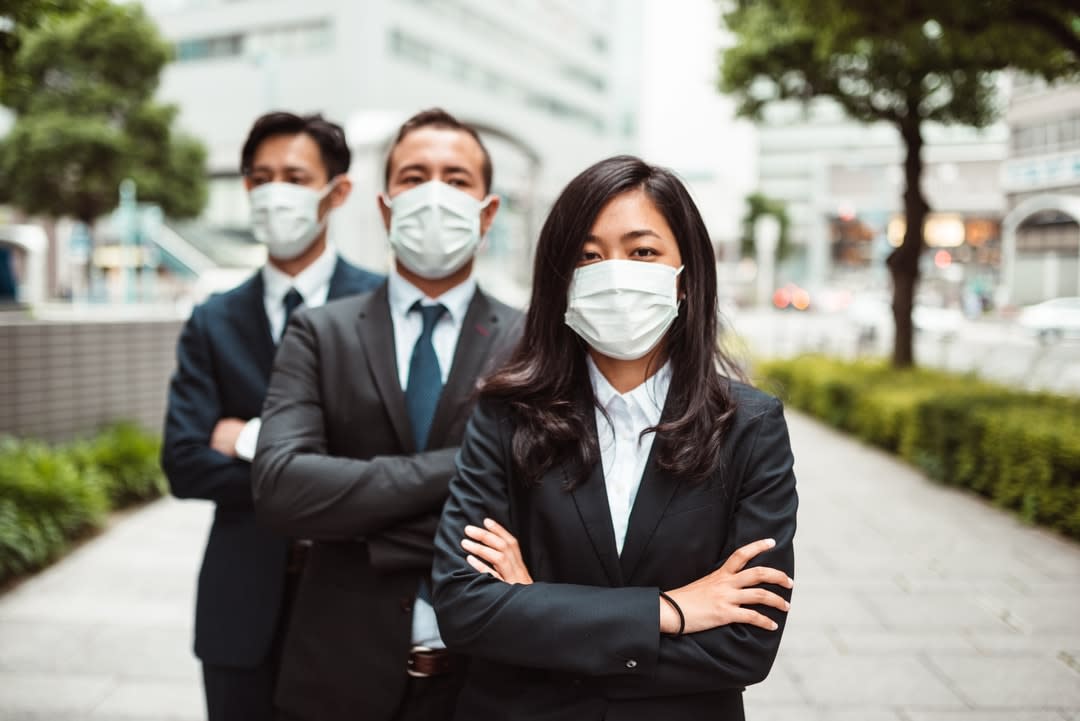
For just over a century, between the Spanish flu of 1918-19 and COVID-19, millions have lived and died without ever knowing the impacts of a global health pandemic capable of such death and destruction to social organisation as we're seeing now. For them, only wars, financial crises and technological change have been the great disruptors of social stability.
There's no question that COVID-19 is a danger to the physical, mental and community health of human populations. Like climate change, it's a danger of immense proportions, but at the same time, it's the opposite to climate change.
First, let’s focus on differences
Billions of humans have little immunity to viruses that mutate from animals, just as billions of animals have little protection from human-made climate change, now that we have entered an age of mass-extinction – the Anthropocene. One could argue that unregulated trading of the pangolin, the most trafficked wild mammal in the world and suspected to be the source of the contagion, is part of this scene.

But that such a peculiar cultural fetish for a rare source of meat could initiate a pathogen is a chance accident that has no systemic processes attached to it. Climate change, on the other hand, is the consequence of centuries of terraforming, unrestrained consumerism of all commodities (not simply a quirky-looking mammal with scales), and the ongoing geo-engineering of our atmosphere by the fossil-fuel industry that gets to dump its waste for free without paying a price – a price that future generations will pay for instead with their health.
... the suspected revenge of the pangolin both highlights and masks a danger of a scale so much deeper than all of the pandemics that humanity has ever seen.
In the late 19th century, a great debate known as the methodenstreit, or "struggle over method" occurred in Germany. A key figure in the debate was Wilhelm Windelband, a philosopher renowned for the distinction between idiographic and nomothetic forms of knowledge. The idiographic scholars exalted the power of individual and random events – things such as inventions, wars, the election of an authoritarian leader, or indeed, sudden pandemics, as the drivers of history. The nomothetic thinkers saw history as the development of systemic forces, such as capitalism, industrialisation or the exploitation of nature, as the basis for human development.

Right now, across the world, our media is utterly consumed by an idiographic moment, where the systemic inertia of institutions, of industrial society and climate change is being neglected – for now at least.
In fact, as a result of the pandemic, industry itself is shutting down, leading to a reduction in greenhouse gas emissions.
The virus is seemingly making climate change go away – in the media, in policy responses, in levels of CO² emissions. However, the danger brought by the suspected revenge of the pangolin both highlights and masks a danger of a scale so much deeper than all of the pandemics that humanity has seen. Pandemics last only one or two years in the human biomass, whereas the atmospheric residence time of CO² is hundreds of years.
And now to some similarities
We've heard from the medical scientists that every hour is vital in the fight against COVID-19. Practices of "social distancing" (which should actually be called physical distancing), finding a vaccine, and hygiene, are all solutions that are needed to slow the spread of the virus, before humans lose control.
The perverse double standard – that political will can flow so easily from listening to medical experts who actually know very little about a virus, while not listening to climate scientists who know pretty much everything you need to know about climate change – is a grave irony.

This insight can be applied to climate change analogously, if not directly. That is, every day of inaction will result in a complete loss of control over our climate. Right now, historical emissions have already locked in up to an additional .5 degrees of committed warming, and what we do in the next 10 years to wind back the climate inertia we have set in train can avoid triggering the positive feedback that would see the Anthropocene transformed into a Xenocene – something that we created, but acts back on us like an alien and hostile force.
But the good news is, with few exceptions, politicians around the world have shown the political will to rapidly provide resources and radical social regulations to address the virus. Many of these politicians, who have been fixated on economic growth for decades, have even abandoned that mantra in favour of a social principle to protect populations.
Even more good news is that solving climate change would involve only a fraction of the interventions into civic, business and organisational life that we're seeing now. In Australia it could cost as little as $200 per person, rather than the tens of thousands of dollars people are losing from shutting down businesses and services.
Of course, a key difference between responding to an accidental virus and climate change is that beating the virus is something that can be achieved within an electoral cycle, whereas the solution to climate change, which is needed decades earlier than its most dangerous consequences will be revealed, is not something to which electoral politics has so far paid attention. Rather, politicians are in denial about climate change in a systemic, rather than ideological sense, as it's simply not in their interest to act on it.
The perverse double standard – that political will can flow so easily from listening to medical experts who actually know very little about a virus – while not listening to climate scientists who know pretty much everything you need to know about climate change – is a grave irony.
Solving this paradox is an urgent task in this time of acute social anxiety as, when COVID-19 passes, climate change will be waiting for us – and politicians have shown us that they know how to take radical measures to solve extreme problems.





